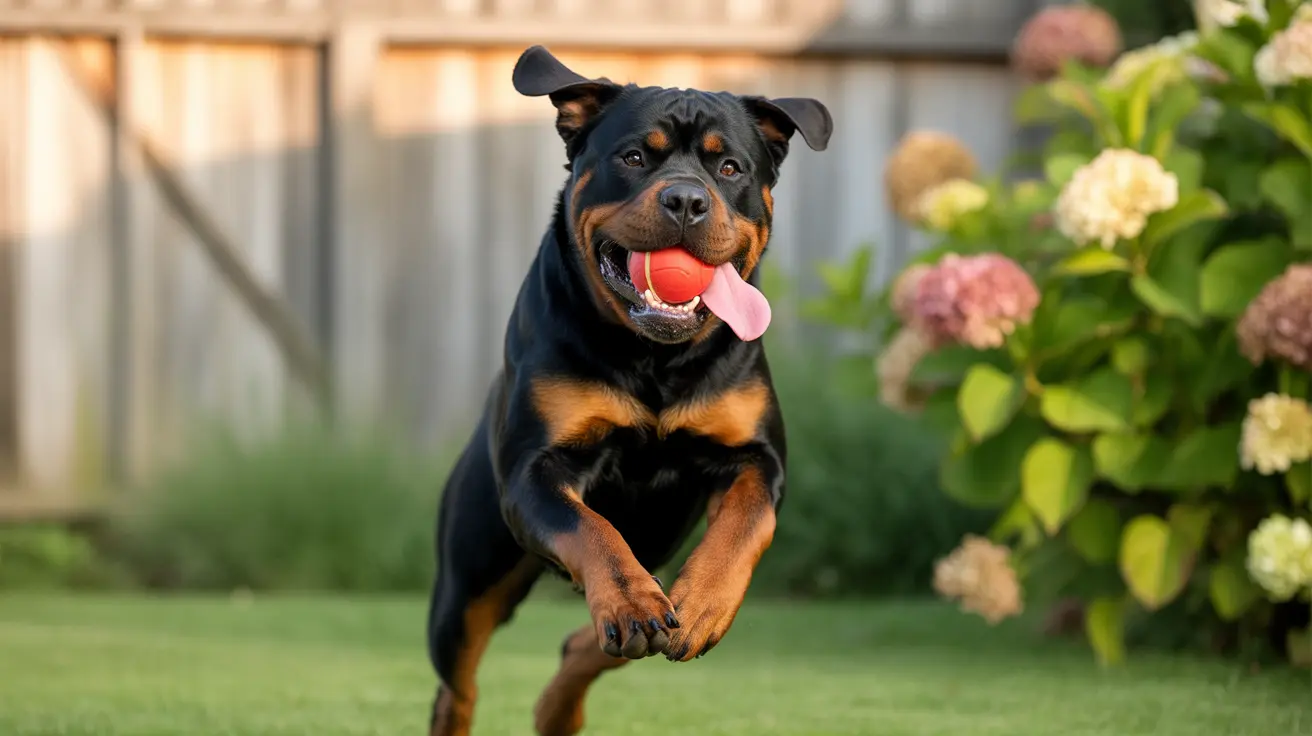Many pet owners wonder about sharing their grilled chicken with their furry friends. The good news is that dogs can indeed have grilled chicken when it's properly prepared. As a lean protein source, grilled chicken can be a healthy addition to your dog's diet, but there are important guidelines to follow to ensure your pet's safety.
Understanding how to safely prepare and serve grilled chicken to your dog is crucial for avoiding potential health risks while maximizing nutritional benefits. Let's explore the right ways to incorporate grilled chicken into your dog's diet.
Benefits of Grilled Chicken for Dogs
Grilled chicken offers several nutritional advantages for dogs when prepared correctly. It's an excellent source of lean protein that helps maintain muscle mass and supports overall growth. The meat contains essential nutrients including:
- Vitamin B6 for brain function and hormone regulation
- Vitamin B3 (niacin) for proper enzyme function
- Zinc for immune system support
- High-quality protein for muscle maintenance
- Essential amino acids for overall health
These nutrients make grilled chicken a valuable addition to your dog's diet, especially when used as an occasional treat or meal supplement.
Safe Preparation Methods
When preparing grilled chicken for your dog, following proper cooking methods is essential. The safest approach is to keep the preparation simple and avoid any additives that could harm your pet.
Recommended Grilling Guidelines
- Cook chicken thoroughly to an internal temperature of 165°F
- Use boneless, skinless chicken breast
- Avoid all seasonings, marinades, and oils
- Grill on a clean surface to prevent cross-contamination
- Let the chicken cool before serving
What to Avoid When Serving Grilled Chicken
While plain grilled chicken is safe for dogs, certain preparations and additions can be harmful. Be sure to avoid:
- Seasonings of any kind, especially garlic and onions
- BBQ sauces or marinades
- Chicken skin or fatty portions
- Bones (which can splinter and cause injury)
- Burnt or charred pieces
Portion Sizes and Feeding Frequency
Moderation is key when feeding your dog grilled chicken. Even healthy foods should be given in appropriate amounts to maintain a balanced diet.
A general guideline for serving sizes:
- Small dogs (under 20 lbs): 1-2 small pieces
- Medium dogs (20-50 lbs): 2-3 medium pieces
- Large dogs (over 50 lbs): 3-4 medium pieces
Frequently Asked Questions
Can dogs safely eat grilled chicken, and what precautions should I take?
Yes, dogs can safely eat grilled chicken when it's prepared without seasonings, marinades, or oils. Always ensure the chicken is thoroughly cooked and cooled, remove any bones, and serve in appropriate portions.
How often can I give my dog cooked chicken without disrupting their regular diet?
Grilled chicken can be offered 2-3 times per week as a treat or meal topper. Ensure it doesn't exceed 10% of your dog's daily caloric intake to maintain a balanced diet.
What are the symptoms of a chicken allergy in dogs, and how do I identify them?
Common signs of chicken allergies include itching, skin rashes, ear infections, gastrointestinal upset, and excessive paw licking. If you notice these symptoms, consult your veterinarian and discontinue feeding chicken.
Are there any specific cooking methods or seasonings I should avoid when preparing chicken for my dog?
Avoid all seasonings, marinades, oils, and butter. Never use garlic, onions, or salt, as these can be toxic to dogs. Stick to plain grilled chicken without any additives.
How can I incorporate cooked chicken into my dog's meal while minimizing health risks like salmonella or choking on bones?
Remove all bones before serving, ensure the chicken is thoroughly cooked, and cut it into appropriately sized pieces for your dog. Store any leftover chicken properly in the refrigerator and discard after 3-4 days.






